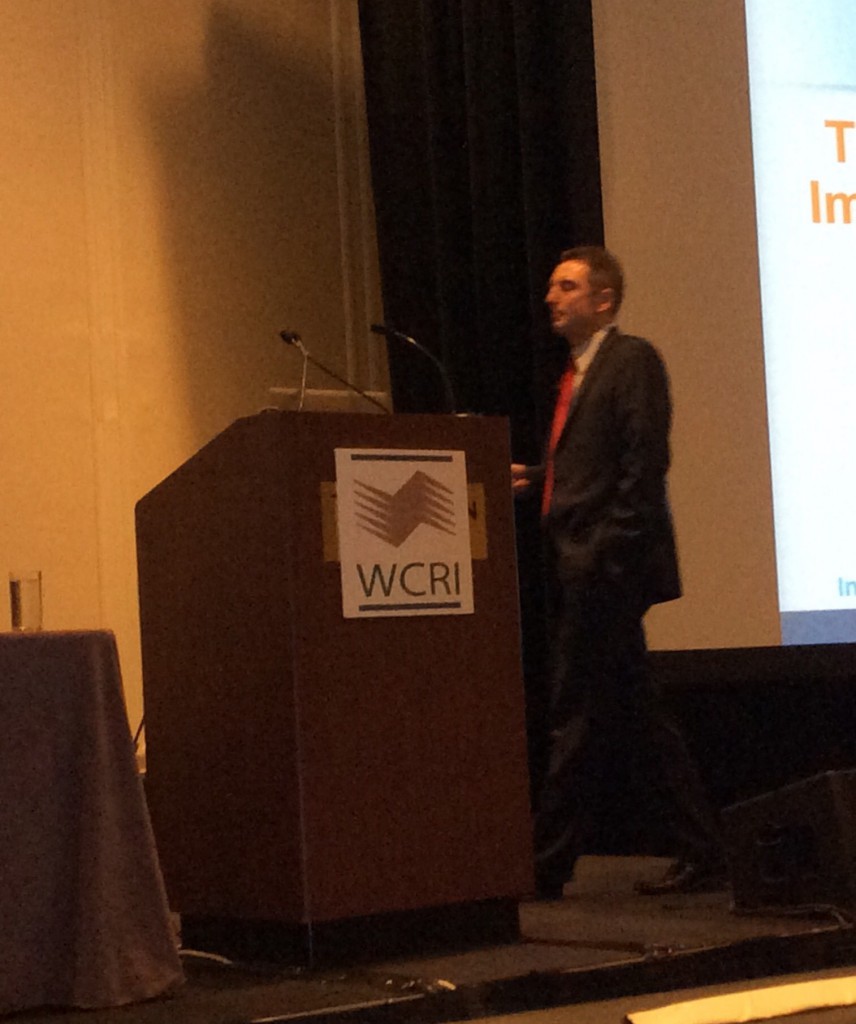Sharing Economy, Technology Advances, and Workers’ Compensation
At the 2016 WCRI Annual Issues & Research Conference, Dr Robert Hartwig from Insurance Information Institute presented a session focusing on the impact the sharing economy is having on workers’ compensation. The sharing economy is transforming the American workforce and will transform the property/casualty insurance industry across all lines.
Technology provides a unique opportunity to match labor to jobs. Workers with time and skill can be paired with those seeking such services. People can use an app to find people to complete a variety of tasks. We are also seeing significant growth in temporary workers over the last 6 years. That creates more people who are interested in supplementing their employment and the on-demand economy provides a tremendous avenue for this.
The fundamental issue with workers in the on-demand economy is whether they are truly independent contractors or whether they are employees of the companies they are working with. The software driven companies who thrive in the the on-demand economy view themselves as platforms rather than employers. However, we are already seeing variation in how states view these issues. Some states have ruled that Uber drivers to be employee’s of Uber, while other States have ruled they are independent contractors.
42% of Americans have used the sharing economy, while 22% of Americans have offered services through the shared economy. Statistically speaking, most of those workers offering on-demand services are young urban dwellers who are usually minorities. There is also a large segment of older individuals providing these serves as they look to supplement their retirement income.
A survey of those who derive at least 40% of their income from on-demand services feel there should be more regulation of these services. These people typically receive no health insurance, workers’ compensation coverage, or other benefits available to traditional employees.
The next question is whether continued advances in automation will eliminate many jobs in the workplace. If self-driving cars become a widespread reality, that eliminates the need for for truck drivers, taxi drivers, and uber. This is not going to happen any time soon but it is something to consider in the long-term.
Wearable technology can also impact workers’ compensation. Imagine being able to monitor the physical efforts of your workers so you can detect those that are over-exerting or lifting incorrectly and take immediate corrective action. Some of this science already exists and this is an area that is evolving rapidly.


